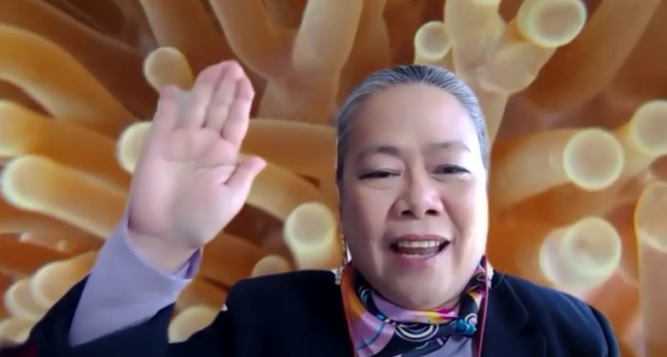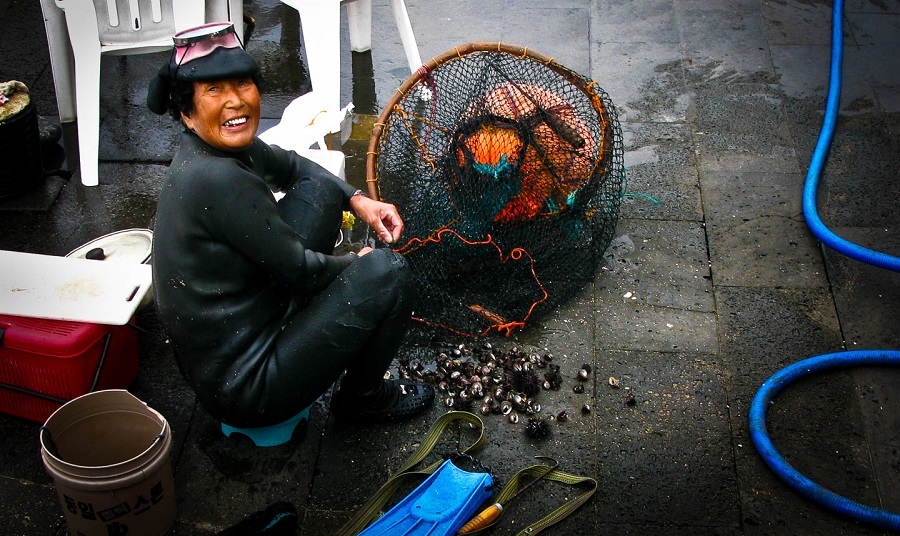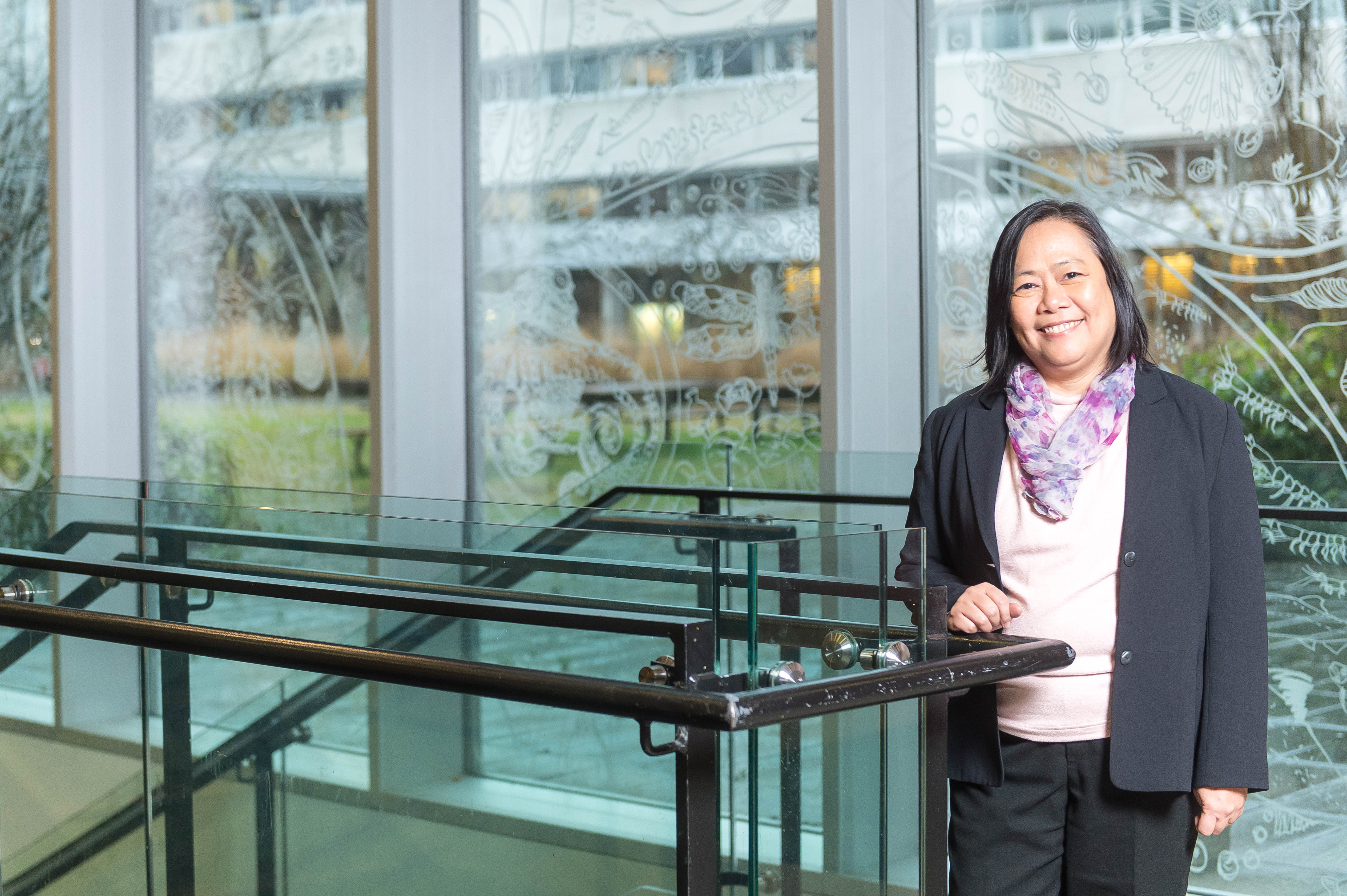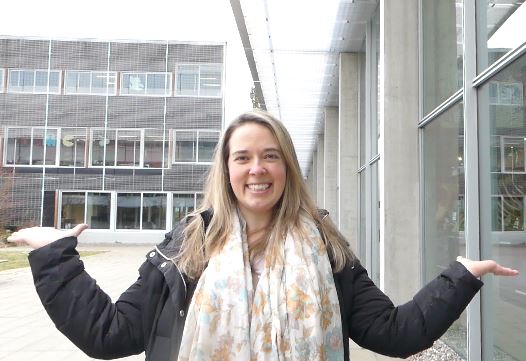As of 2025, about 75 per cent of the Sea Around Us team is comprised of women and in the past 25 years, of the over 200 people from more than 40 countries who have worked for the project, 59 per cent have been women.
Tag: Women in Fisheries
The Sea Around Us team chooses to challenge
For this year’s International Day of Women and Girls in Science, the Sea Around Us team has decided to use the 2021 slogan related to International Women’s Day – “Choose to Challenge” -and highlight its importance in the context of scientific work.
Fisherwomen contribute tonnes of fish, billions of dollars to global fisheries
Women’s fishing activities around the world amount to an estimated 3 million tonnes of marine fish and other seafood per year, contributing significantly to food and livelihood security in all regions of the world. However, these contributions often go unnoticed.
A new study by researchers at the University of British Columbia aims to address this oversight by assembling and presenting the first quantitative estimates of catch by women and the associated value of what is brought to shore, on a global scale.
Women in UBC Science: Maria ‘Deng’ Palomares
Dr. Maria ‘Deng’ Palomares is a senior scientist and the project manager of the Sea Around Us initiative at UBC’s Institute for the Oceans and Fisheries, where she started as a research associate two decades ago.
A marine biologist from the University of the Philippines with a specialization in computer science and a doctorate from the Ecole Nationale Supérieure d’Agronomie de Toulouse, Dr. Palomares arrived at marine biology and fisheries science after switching from the ‘hard-to-stomach’ practices of medical school.
A gender-balanced world is good for science
How is a gender-balanced world good for science?
The answer to this question is complex and multi-layered. From more equitable policies to different ways to interpret data, from fairer workplace environments to more breakthrough discoveries. For the Sea Around Us team, having more #WomenInScience would translate into benefits for science itself, the scientific community and society as a whole.







